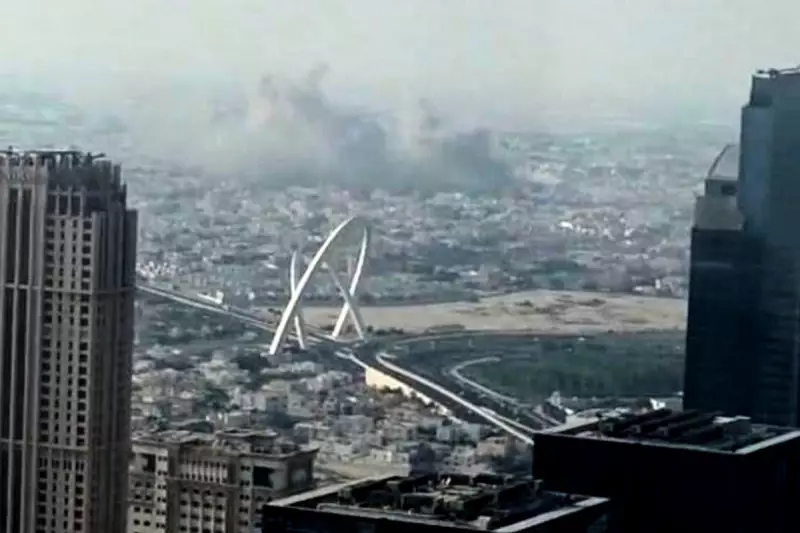
In a major development that could reshape Middle Eastern diplomacy, the Qatari Prime Minister has confirmed that discussions are underway to relocate the political leadership of Hamas away from its current base in Doha.
The announcement from Sheikh Mohammed bin Abdulrahman Al Thani comes at a pivotal moment, as Egypt and the United States join Qatar in a frantic push to broker a new truce between Israel and Hamas. The proposed deal aims to halt the devastating conflict in Gaza and secure the release of Israeli hostages.
A Strategic Shift in Mediation
Qatar, a long-time host to Hamas's political office, is now openly mediating the group's move. This is widely seen as a strategic manoeuvre to appease criticism, particularly from the United States and Israel, which have questioned Qatar's harbouring of the group designated as a terrorist organisation by several Western countries.
"The state of Qatar is in the process of mediation to move the political leaders of Hamas from their current location," stated Sheikh Mohammed at a global economic forum. He emphasised that this review of Qatar's role was a direct result of a "political exploitation" of its mediation efforts by some politicians.
The Stakes: A New Ceasefire and Hostage Deal
The urgency for a deal is palpable. The framework being negotiated, built upon proposals from earlier in the year, outlines a potential six-week ceasefire. The first phase would involve the release of 33 hostages—women, including soldiers, the elderly, and the sick—in exchange for a larger number of Palestinian prisoners held in Israeli jails.
Further phases would see the bodies of deceased hostages returned and discussions initiated on a lasting end to the hostilities. However, a significant sticking point remains: Hamas's demand for a guaranteed permanent ceasefire, a condition Israeli Prime Minister Benjamin Netanyahu has thus far publicly rejected.
International Pressure and Domestic Unrest
The negotiations are set against a backdrop of immense international pressure and growing domestic unrest in Israel. Protests have erupted weekly, with tens of thousands of Israelis demanding their government prioritise the return of the hostages held in Gaza.
Meanwhile, the humanitarian catastrophe in Gaza continues to worsen. With aid agencies warning of imminent famine, the need for a ceasefire to allow a massive influx of humanitarian assistance has never been more critical.
As mediators work against the clock, the potential relocation of Hamas's leadership from Qatar marks a dramatic new chapter in the complex and fraught quest for peace in the region.





